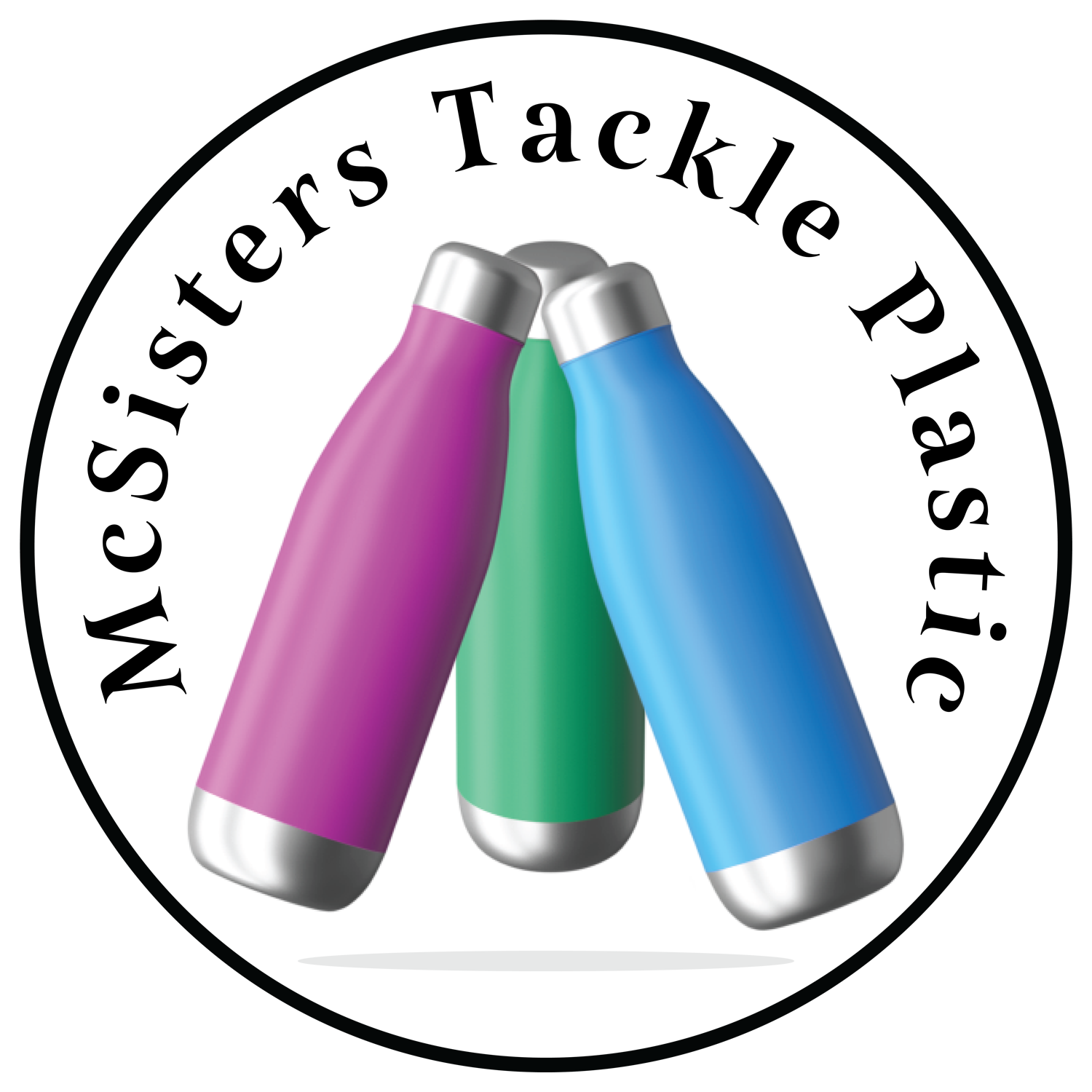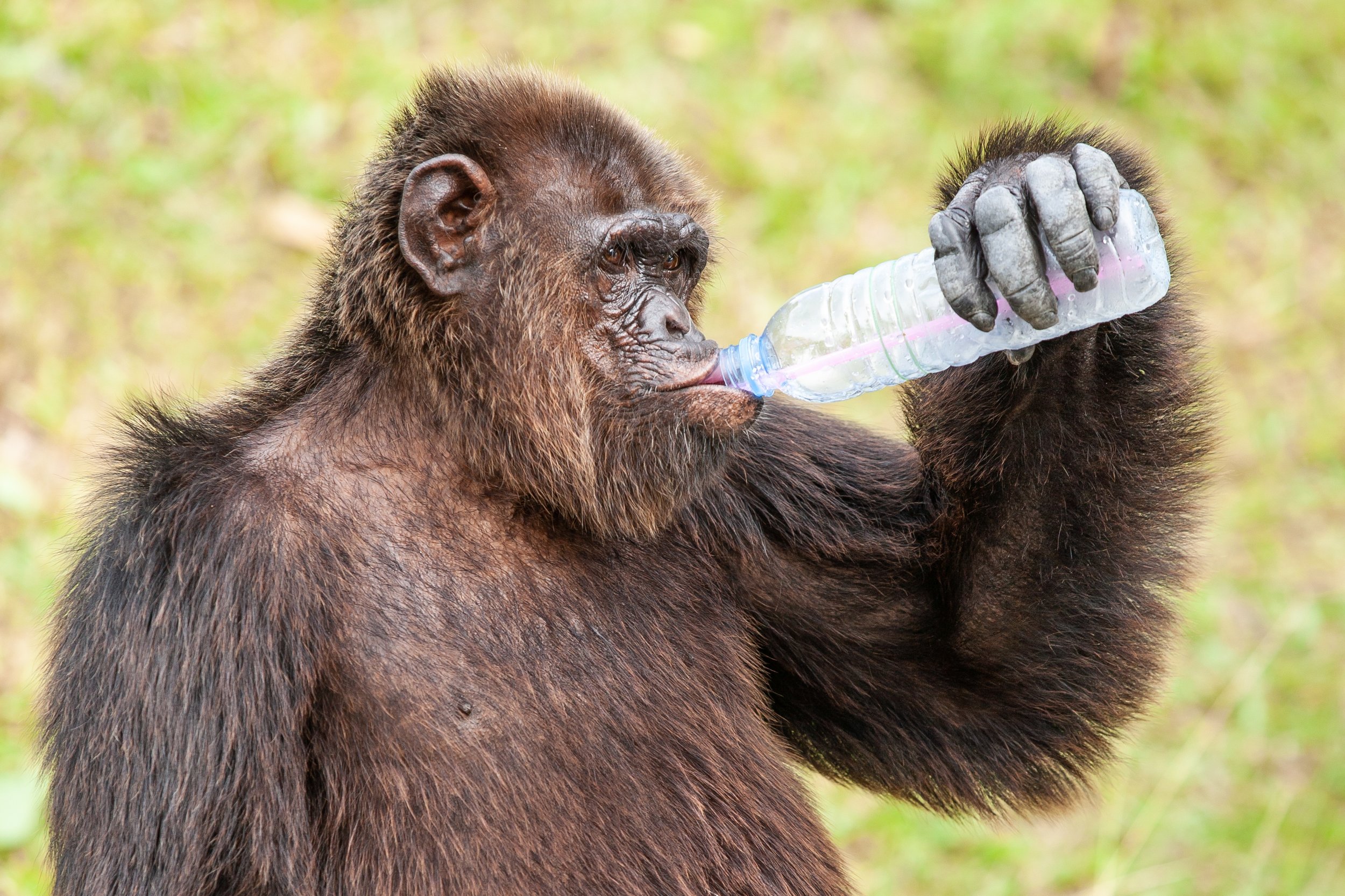Why it Matters
As we McSisters were planning our blog, we asked ourselves:
Why does it matter?
Why should we alter our relationship to single-use plastic?
To us it matters because the manufacture, use, and disposal of plastic is having a devasting impact on our world. We have learned that many people are not aware of the full effects of single-use plastic on wildlife and on health from plastic in packaging. And, even fewer are aware of the impact of plastic on climate change and on vulnerable communities.
The biggest reason it matters to us is that we have children and grandchildren that we want to leave a better world.
We are not experts in the sciences. so instead of trying to become experts, we are providing you references to more information, such as scientific reports, and links to organizations that focus their efforts on addressing single-use plastic. And we bring to your attention the failure of recycling, which threatens to inundate us with a tsunami of waste.
We hope you will take a look and be inspired to make a difference in your lives.
Environment
The environmental impacts from the production, use, and disposal of single-use plastic are so pervasive that it is difficult to summarize them in a single paragraph. First, the production of plastic starts with the extraction and transportation of oil that results in devastating effects across our country, and the world, especially on our public lands.
Those activities often cause extensive surface water and ground pollution and emit toxic air pollution that often impacts vulnerable communities the most. Next, the use and long-distance transport of single-use plastic products squanders precious resources and often result in health problems that we are just beginning to understand.
Then there is the disposal of waste plastic with much of it filling up our landfills leaving little room for other items. The most devastating and distressing impacts come from the plastic that ends up in the rivers, lakes, and oceans.
-
Humans and wildlife are wholly dependent on clean water, free of contaminants and debris. More and more mammals, fish, and birds, and even environmentally critical micro-organisms in the ocean are harmed by plastic waste stuck to them or that they have absorbed or ingested. Communities dependent on clean water face rivers of plastic waste flowing through their communities instead of clean rivers with drinkable water and healthy fish. It is estimated that currently, eight million metric tons of plastic waste enters the world’s oceans each year. (That is 21,920 metric tons per day and growing.)
See National Academies of Science Report: https://nap.nationalacademies.org/catalog/26132/reckoning-with-the-us-role-in-global-ocean-plastic-waste
We can – and must - make a difference by advocating for change and altering our use of single-use plastic.
Environment Blogs Posts
Health
Most of us use single-use plastic every day and just throw it away without a second thought. Plastic water bottles are so cheap and often given away by the case just to encourage you to buy another product.
Have you ever thought about what is in that disposable plastic water bottle?
It’s not just water!
Hint – the plastic is made with 100s of toxic chemicals that can leach into the water especially after the bottle sits in the sun.
There are so many other products we use without knowing that we are consuming or breathing toxic chemicals while using them. Have you ever thought about what is in that disposable coffee cup? It’s not just paper!
Hint – most are lined with plastic that enters the hot liquid and enters your bloodstream with every sip of coffee.
We will continue to provide more information we are gathering about the impacts of single-use plastic on our health. You can then make a choice about making a difference in your life and the lives of your families.
Health Blog Posts
Climate
The relationship between climate and plastic is not often mentioned in the conversations about how to address climate change. The production and disposal of single-use plastic has a dramatic impact on our climate that is just beginning to be understood.
The production of plastic results in extensive air pollution that contributes to climate change. Then the plastic waste ends up in our rivers and oceans – plastic waste never actually goes away, it just breaks down into smaller and smaller bits.
That plastic bag you used for 15 minutes will still be here 200 years from now, but in tiny bits.
Microplastic is being found just about everywhere in the world, including in the phytoplankton in the ocean. Phytoplankton capture carbon dioxide from the atmosphere.
-
Studies being conducted suggest that microplastic contaminating the plankton may reduce its ability to fix carbon through photosynthesis and reduce the ability of zooplankton to transfer the carbon to the deep ocean.
https://www.ciel.org/project-update/plastic-climate-the-hidden-costs-of-a-plastic-planet/
Plastic pollution’s interference with the ocean’s natural processes that help to control our climate is cause for concern.
Climate Blogs Posts
Environmental Justice
According to the United States Environmental Protection Agency (USEPA), environmental justice is “the fair treatment and meaningful involvement of all people regardless of race, color, national origin, or income, with respect to the development, implementation, and enforcement of environmental laws, regulations, and policies.”
See https://www.epa.gov/environmentaljustice.
Certain groups in societies around the world bear unequal burdens such as poor water and air quality, and unhealthy living conditions resulting from distribution of waste, industrial, municipal, and commercial operations in or around their homes.
We have learned in our research that marginalized communities and communities with people of color often experience greater impacts from environmental degradation than other communities, including degradation from the production of single-use plastic.
We will share information here addressing those impacts related to single-use plastics, production of single-use plastic, and processing of plastic trash.
Environmental Justice Blog Posts
TRUTH ABOUT RECYCLING
♼
TRUTH ABOUT RECYCLING ♼
Most of us recycle plastic products we use if we can and we McSisters have been very “good” about that. We follow the rules by putting only clean items into our recycling bin and checking the number in the little triangle to see if it is recyclable. Sadly, it’s not so simple.
Why can’t single-use plastic be easily recycled?
The recycling business is quite complicated.
There are no standards for making single-use plastic easy to recycle; such plastic is made in many ways using many different chemicals…
Making new products from recycled plastic is challenging because, given the different ways plastic is made, products can’t be reused together.
Even when you can make the recycled plastic into something new, it can only be recycled a few times, and it takes new plastic to mix with the used plastic to make those products…
Countries that once took our plastic waste don’t want it anymore – it’s too dirty and there’s just too much of it.
We’ve learned that likely no more than 10 percent of plastic is actually recycled and probably much less than that. The rest ends up as waste in our landfills and most in the environment.






















In some locations, single-use plastic recycling is more effective than others. Check out your waste management company and follow their guidance. The best way, of course, is to keep reducing your use of single-use plastic!